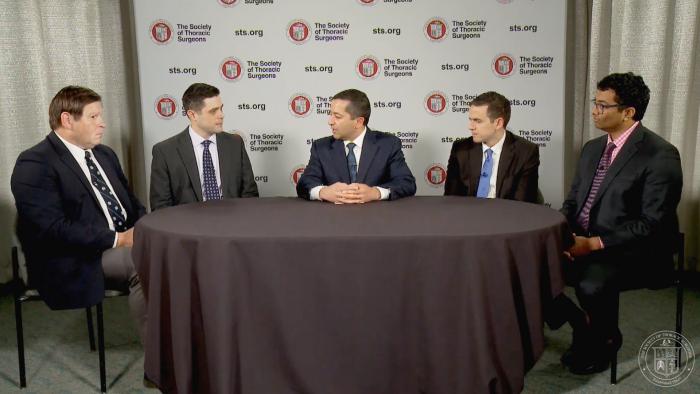The job market for cardiothoracic surgeons is more promising now than it has been in decades. So how can residents and fellows be successful in finding that first job? Vinay Badhwar, MD asks seasoned and early career colleagues for tips on making a good impression during an interview, making sure that the job is a great fit, how to find the best career resources, and how to engage and maintain good mentors. In addition to Dr. Badhwar, the video features John Ikonomidis, MD, PhD, Damien J. LaPar, Gabriel Loor, MD, and Rishinda M. Reddy, MD.
